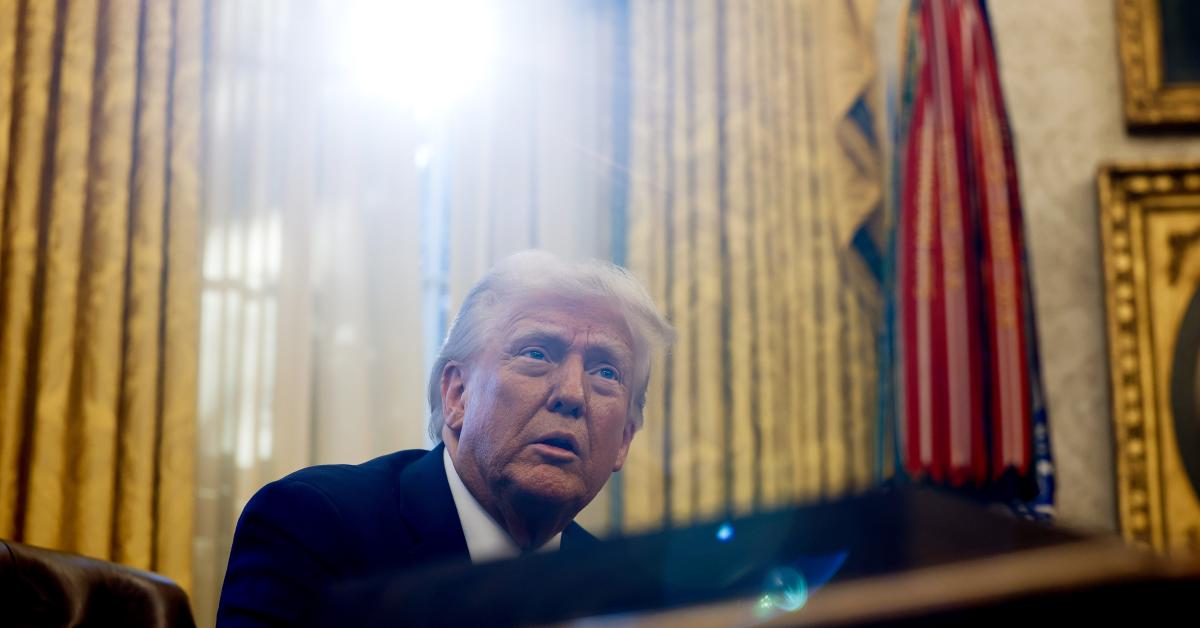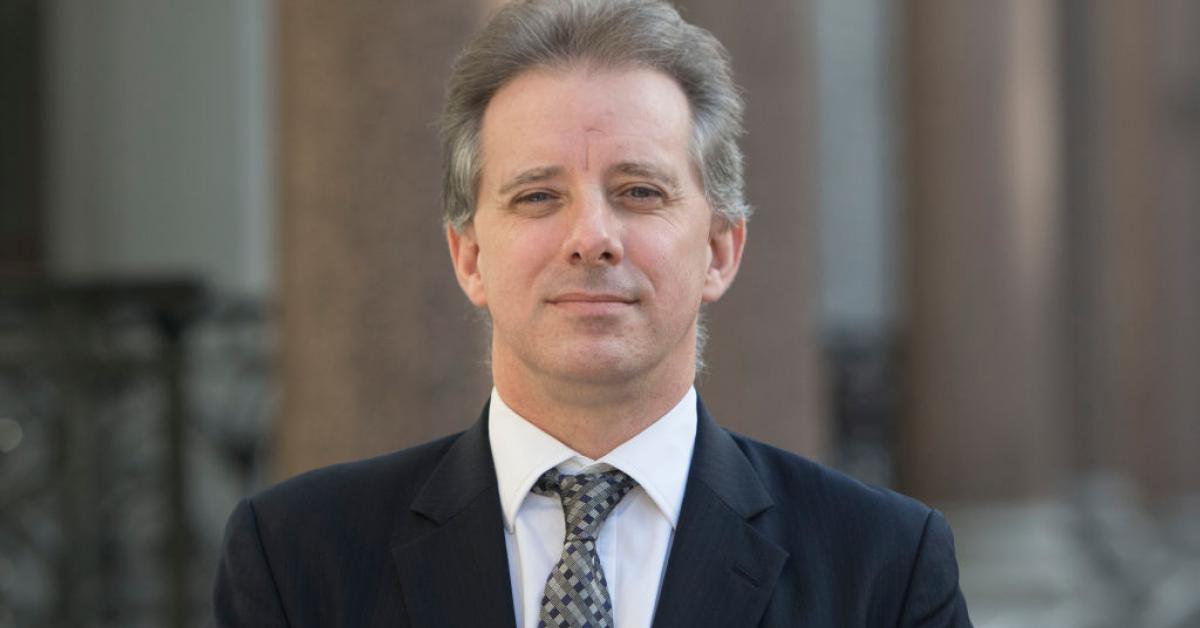President Trump recently expressed his decision not to deport Prince Harry, despite some potential visa issues. He mentioned during a conversation with the New York Post, “I don’t want to do that. I’ll leave him alone. He’s got enough problems with his wife. She’s terrible.” This comment highlights Trump’s characteristic bluntness and his inclination to steer clear of what he perceives as unnecessary legal battles.
New Podcast! “Once Saved, Always Saved? What Scripture Really Teaches”
The Heritage Foundation has filed a lawsuit concerning Prince Harry’s U.S. visa application, raising questions about past drug use admissions. Such a history might typically prevent someone from obtaining a visa to the United States. The case has caught the attention of many, as a judge is contemplating whether to make Harry’s visa application public.
The Telegraph has also delved into the topic, publishing an opinion piece on potential deportation scenarios for Prince Harry. This issue has sparked debates, considering Harry’s high-profile status and the implications of his residency in the U.S. Speculation is rife about what the legal outcome might mean for him and his family.
Trump’s remarks about Meghan Markle were particularly scathing, reflecting his often unfiltered take on public figures. He seems to believe that Harry’s domestic challenges are significant enough to warrant his leniency on legal matters. This perspective aligns with Trump’s past approaches, where he tends to prioritize personal judgment over strict legal enforcement.
The Heritage Foundation’s involvement underscores the ongoing scrutiny of public figures and their adherence to immigration laws. Their lawsuit aims to shed light on whether Prince Harry received special treatment during his visa process. Such revelations could have broad implications for both Harry and the U.S. immigration system.
The legal proceedings are likely to attract significant media attention as they unfold. Many are eager to see if the judge will indeed release Harry’s visa records. Public disclosure could either put to rest or further ignite the controversy surrounding his immigration status.
Prince Harry’s situation serves as a reminder of the complexities and public interest surrounding the lives of the British royal family members. While Harry has often expressed a desire for privacy, his actions and their consequences remain of global interest. His residency in the U.S. has been a topic of fascination and debate since his move.
Trump’s decision to refrain from deporting Harry can be seen as a move to avoid getting embroiled in a potentially protracted legal battle. By focusing on what he perceives as Harry’s personal issues, Trump sidesteps a contentious political arena. This approach is consistent with his tendency to weigh personal dynamics heavily in his public decisions.
The Telegraph’s article outlining deportation procedures adds another layer to this multifaceted issue. It highlights the procedural and legal routes that could be considered in such a high-profile case. The publication’s analysis contributes to the broader conversation about immigration policy and its application to prominent figures.
For some, the lawsuit raises questions about fairness and equality in the immigration process. The outcome could set a precedent for how similar cases might be handled in the future. Yet, as it stands, Trump’s stance suggests a preference for leniency over legal confrontation.
The public’s fascination with Prince Harry’s life in America continues to fuel discussions in the media. His choices and the resulting legal inquiries offer a glimpse into the challenges faced by those who live under constant public scrutiny. Despite his efforts to carve out a new life, Harry remains a central figure in international discourse.
Trump’s comments also reflect broader dynamics of media interaction and public perception. His willingness to voice strong opinions on high-profile individuals is a hallmark of his public persona. This approach often draws both criticism and admiration from different quarters.
As the legal proceedings progress, they will undoubtedly contribute to ongoing debates about immigration policy and celebrity status. Observers and stakeholders alike are keenly watching the developments. The outcome could have significant ramifications for Prince Harry and others in similar situations.
Prince Harry’s visa case may ultimately serve as a case study in the intersection of celebrity and immigration law. The scrutiny he faces is a testament to the challenges of navigating public life while managing private affairs. His story resonates with many who observe the delicate balance between personal desire and public expectation.
The Heritage Foundation’s lawsuit and its implications for immigration policy continue to be a focal point for political commentators. The legal challenge underscores ongoing tensions in how laws are applied to public figures. It also highlights the role of advocacy groups in shaping public discourse.
Trump’s decision not to pursue deportation reflects his broader strategy of picking battles that align with his priorities. By focusing on personal dynamics, he avoids a potentially divisive legal confrontation. This decision illustrates his pragmatic approach to dealing with high-profile individuals.
As the case unfolds, it is likely to spark further debate about the intersection of law, celebrity, and personal rights. The discussions surrounding Prince Harry’s visa application underscore the complexities inherent in immigration policies. These issues remain at the forefront of public discourse, shaping opinions and policies alike.
The legal proceedings involving Prince Harry will likely remain a point of interest for both media and the public. With the potential for significant revelations, the case offers insights into the challenges faced by those in the public eye. The outcome may influence how similar cases are perceived and handled in the future.



